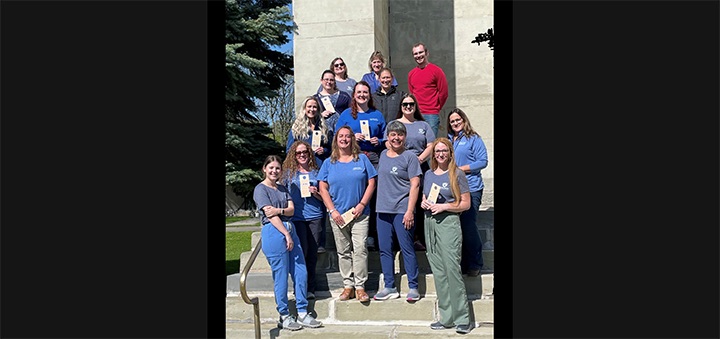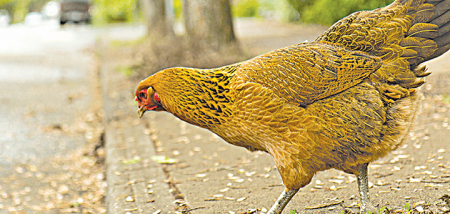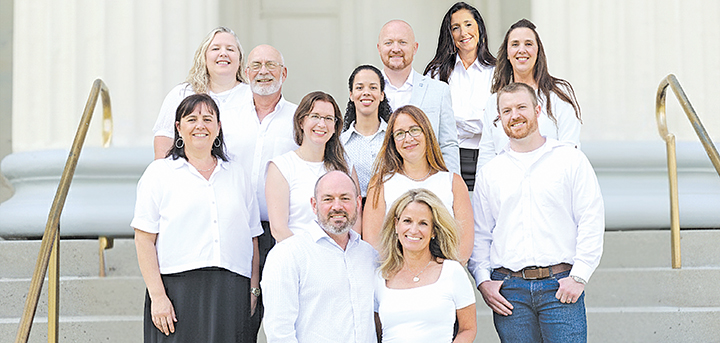Annual Lead Walk 2025: Lead Poisoning Prevention
Published:
May 15th, 2025
By:
 Chenango County Health Department employees will be leaving orange door tags about lead poisoning at residences in Chenango County now through the month of June for their annual Lead Walk. (Submitted photo)
Chenango County Health Department employees will be leaving orange door tags about lead poisoning at residences in Chenango County now through the month of June for their annual Lead Walk. (Submitted photo)
CHENANGO COUNTY - The Chenango County Department of Public Health will be visiting area towns to educate the community on the importance of lead and lead poisoning. We call this program Lead Walk and have been doing this event since 2012.
Each year we walk in different towns and villages in Chenango County, and this year we will be visiting 19 different locations. The 2025 theme is “LEAD: Beware of the Claw.” This theme is about ceramic and porcelain, which may be a possible lead risk if you have a clawfoot bathtub in poor condition or if the paint is chipping off.
Look for orange doorknob hangers on your front door to access this educational information about lead poisoning. Additional information on the second side of the doorknob hangers about poison and poison prevention tips will also be distributed.
Staff will be leaving this information at each residence in your town or village starting May 12, through the month of June. Staff members will be using pedometers and cell phones to count their steps and try to pass the 200-mile mark goal as a team.
Lead is a poisonous metal that can be found in some Chenango County residents’ homes or yards. Lead poisoning is commonly seen in young children who have a hand-to-mouth behavior, but it can affect anyone. Pregnant and breastfeeding women are also a concern as it places their unborn or newborn child at risk when they are exposed to high lead levels.
Lead travels throughout the body in the bloodstream. When you are pregnant. your baby can be exposed through your blood. Babies exposed to lead can be born early or small, and children exposed to lead may have poor brain development or cause learning disabilities.
In 1978, the United States banned the use of lead in the production of paint. Some older homes still have lead paint. As the homes age and the paint deteriorates, it causes dust to be released into the air. This dust can land on surfaces throughout the home and is either inhaled or ingested in the mouth, causing lead poisoning. Children are required to be tested for lead at age 1 and 2. Speak to your health care provider today about this important test.
If you would like to explore lead poisoning more, visit the following websites: www.health.ny.gov/environmental/lead/ and www.cdc.gov/nceh/lead/default.htm.
-Information provided by the Chenango County Health Department
Comments




